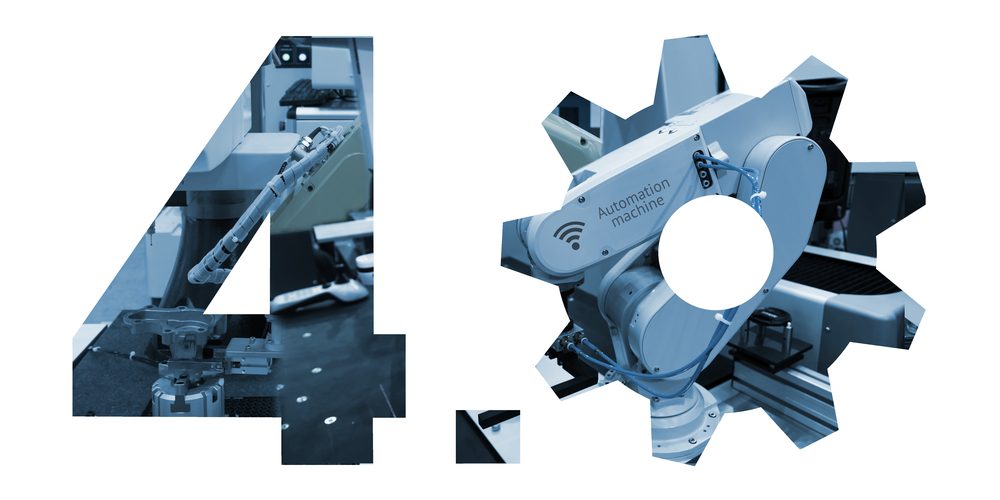Let’s take stock of the situation regarding the trend of Industry 4.0 in Italy. This sector is still taking its first steps in our country, or rather, it is much discussed but little practiced, except for a few companies characterized by a highly innovative management. There are still many obstacles to the development of this sector, first and foremost of a cultural and economic nature. The transition to Industry 4.0 requires a certain ‘open-mindedness’, or rather, an awareness that this is not a transformation aimed at obtaining more tax benefits, but one that looks further towards the digitalization of production or even the creation of new products.
In order to boost the development of Industry 4.0, it is best to start working on the aspects in which Italy is lacking. The main problems relate to the size of Italian companies, mostly SMEs and micro enterprises, and the tendency of Italians not to accept innovation. A simple but eloquent example is electronic payment systems: how difficult was it to introduce them in Italy? Similarly, our country is still far behind in the adoption of e-commerce systems. These factors are compounded by the role played by the university, which, while supporting innovation through its research activities, is at the same time subject to a bureaucracy that imposes biblical timescales and greatly restricts it.
If we look in particular at the technologies that enable Italian companies to be transformed into Industry 4.0, it is easy to see that there is still a lot to be done: there are many such technologies, ranging from Co-Robotics to Additive Mechanics to IoT technologies, Virtual and Augmented Reality, etc. Industry 4.0 means above all Smart Factory, a qualification that can be achieved when the company in question produces intelligent products through intelligent designs. It is therefore a matter of getting to IoT technologies that apply to products and make them ‘talk’, and data analysis technologies, so-called Big Data, capable of producing new information and automating processes that were previously unrelated. In all this ‘intelligent scenario’, we must not forget, but above all underestimate, a crucial aspect that accompanies the development of Industry 4.0: Cyber Security. A smart process cannot fail to be characterized by networked elements, which without adequate protection become real loose cannons for the company.
For the future development of Industry 4.0, therefore, Italian entrepreneurs and their managers should develop a greater propensity for change, while remaining aware that it invariably means investing money and risking making mistakes, and that clinging to traditional industry entails just as many risks and, in particular, that of being overtaken by the speed of digital innovation. The aforementioned change also requires an evolution in knowledge and know-how in order to be able to better manage the new technologies, systems and solutions involved in 4.0 projects. The optimal strategy in this respect is to network and forge partnerships that simultaneously offer the possibility of looking at IT and factory processes.
Sara Avanzi

